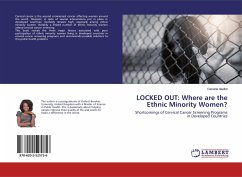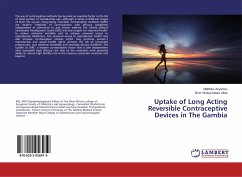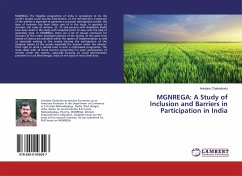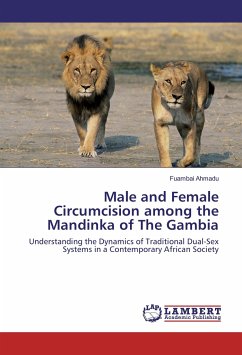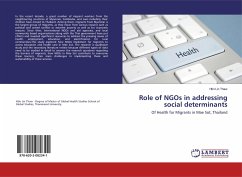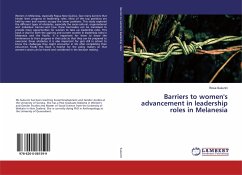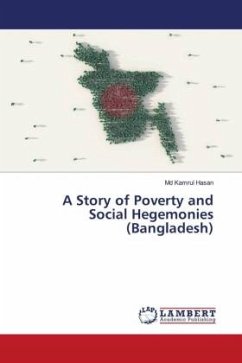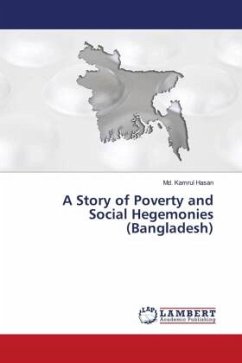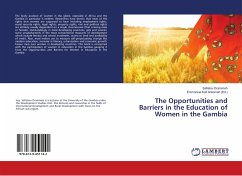
The Opportunities and Barriers in the Education of Women in the Gambia
Versandkostenfrei!
Versandfertig in 6-10 Tagen
36,99 €
inkl. MwSt.

PAYBACK Punkte
18 °P sammeln!
The lowly position of women in the globe, especially in Africa and the Gambia in particular is evident. Researches have shown that most of the rights that women are supposed to have including employment rights, social security rights, legal rights, property rights, civil and political rights are all likely usually dependent on a single chromosome (that is being male or female). Outstandingly, in most developing countries, girls and women score unsatisfactorily in the most conventional measures of development which include literacy and school enrolment, access to land and availability of credit...
The lowly position of women in the globe, especially in Africa and the Gambia in particular is evident. Researches have shown that most of the rights that women are supposed to have including employment rights, social security rights, legal rights, property rights, civil and political rights are all likely usually dependent on a single chromosome (that is being male or female). Outstandingly, in most developing countries, girls and women score unsatisfactorily in the most conventional measures of development which include literacy and school enrolment, access to land and availability of credit. Also, most indices use to measure self-perpetuating change like modern education, increase in literacy, urbanisation and economic growth favour men over women in developing countries. This book is concerned with the participation of women in education in the Gambia gauging it from the Opportunities and Barriers for Women in Education in the Gambia.




